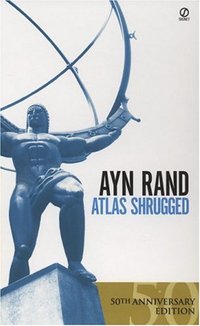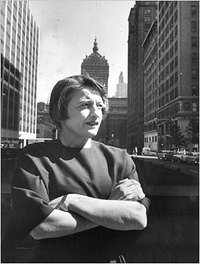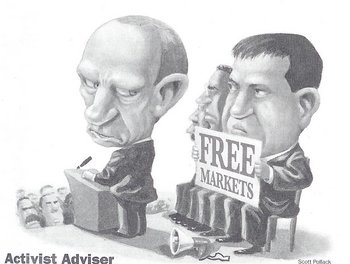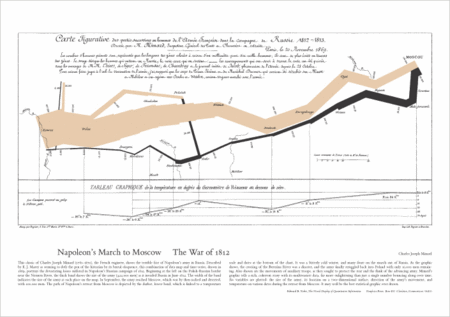Recently (6/10/07) at dinner with a group of foreign graduate students at George Mason University, I learned that one of the students was from Venezuela, and so I mentioned to her that one of my friends during my graduate student days at the University of Chicago had been from Venezuela, and that he had been responsible for bring F.A. Hayek to speak at the University. When I said his name was “Cartea,” she said that she had had a professor named Cartea who was an admirer of Hayek, but who had unfortunately died in an accident a few years ago.
This was surprising and distressing news.
Cartea had charisma, and was not afraid to use it. He was not always a model of responsible behavior, but he had such child-like enthusiasm, that it was hard to be mad at him for long. One of his main weaknesses is that he loved books. Often he would bring me his latest purchase from the Seminary Co-op Bookstore, hold it up, and say in his inimitable accent and cadence: “Pure Gold!”
In Chicago, I had a car, and Cartea did not. He asked if I would drive him to pick up Hayek and Hayek’s wife at the airport. When we got to the airport, Cartea was hungry and wanted to stop and get a hamburger. I thought it was not prudent to take the time to do this, but Cartea was insistent, and we stopped.
We ended up getting to the gate just barely by the time of the Hayeks’ scheduled arrival (these were the innocent pre-terrorism days when you could actually meet guests at their gate). But to our dismay, we learned that the flight at arrived early, and apparently Hayek had grabbed a cab to the University.
So we drove to the Center for Continuing Education where the Hayeks were staying. There we learned that they had headed to the then-best restaurant in Hyde Park, called something like the “Courtyard.”
At some point along the way, while still in the airport I think, Cartea purchased a single rose. We walked into the restaurant, and found the Hayeks. And then, with a charm that I could admire, but not imitate, he flamboyantly presented the rose to Mrs. Hayek, to her obvious delight. (I do not remember what he said, or how he explained-away our absence from at the airport—I do remember that the word “hamburger” did not pass his lips.
The pleased Hayek invited us to join them for dinner. We did. It was just me, Cartea, and the Hayeks, and it stuns me to think that of the four, only I am still alive.
I would like to be able to report that some deep issues of classical liberal political theory were discussed, but if they were, I have no memory of that. My memory is that the discussion was mainly of a personal, small-talk variety. For example, one or both of the Hayeks had long wanted to view a solar eclipse, so they had recently flown to somewhere in the world where such an eclipse had occurred.
And I remember Hayek teasing Mrs. Hayek for delaying their being together by marrying someone else before Hayek, and I remember her teasing him back that he should have made his intentions clear earlier. (This was the second Mrs. Hayek; at some point I learned that he had divorced the first Mrs. Hayek.)
I only have a couple of other memories of this visit of Hayek to Chicago. One was when (the next day?) Cartea had me drive Hayek to a press conference downtown. Hayek thought I was going the wrong way, and was annoyed. I was pretty sure I was going the right way (and it turned out I was right), but it was stressful for a graduate student to be disagreeing with an insistent, and highly admired, Nobel-prize-winner.
Another disjointed memory is that sometime during the visit I asked him to sign my copy of the first volume of Law, Legislation, and Liberty. This he did with a disdainful frown, seeming to be annoyed that I would bother him with such a foolish request.
(Note one: I do not remember when the dinner described above occurred, although it could be learned; I bet David Theroux of the Independent Institute would remember. I was at the University of Chicago from the fall of 1974 through the spring of 1981; and I think the Hayek visit occurred sometime during the latter half of this period.)
(Note two: this was not the first time I had encountered Hayek. I drove down to St. Louis with Joe Cobb and another libertarian Chicago student whose name I regrettably cannot remember. I believe that it was on this occasion that I had a good talk with Phylis Schlafly’s son, who made an articulate economic argument against patents; I think he even gave me an article by someone to bolster his case. Ben Rogge introduced Hayek. What I remember about the introduction was that in part of it, Rogge made a polite, but strong, swipe at Ayn Rand, saying I think, that Hayek’s thinking was a much sounder grounding for a libertarian philosophy. Rogge knew I was a strong Rand enthusiast, so I imagined that he was making the comment mainly for my benefit. Before the introduction, Rogge offered to take me over to introduce me to Murray Weidenbaum, who was at the event. I regret that out of some temporary shyness, I declined the offer. Anyway, on the way back from St. Louis, the discussion was so intense and interesting that I neglected to attend to the gasoline indicator, and we ran out of gas in some small town in Illinois. I managed to get us to the town gas station, but it was closed because the owner, and all employees, were attending some local social function. We ended up having to stay overnight in this God-forsaken berg. Joe was very mad at me.)
(Note three: the blog entry above was written on 6/11/07.)
 Source of book image: http://hoeiboei.web-log.nl/photos/uncategorized/atlasshrugged.jpg
Source of book image: http://hoeiboei.web-log.nl/photos/uncategorized/atlasshrugged.jpg (Note: ellipsis in Rearden quote was in original; the other two ellipses were added.)
(Note: ellipsis in Rearden quote was in original; the other two ellipses were added.)




